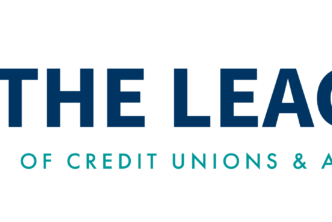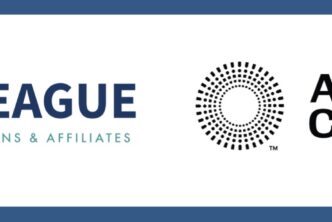Cindy Connelly, LSCU EVP Governmental Influence, speaks on providing services for legal cannibis industry
This is part 3 of a 4-part series giving in-depth information on LSCU’s Hike the Hill event held Oct. 22-23.
During our recent trip to D.C., we took time to discuss – with legislators in both chambers of Congress – ways to ensure credit unions and other financial institutions have the ability to provide financial services to individuals and businesses that have legally entered the cannabis industry in states where it’s legal.
You might ask: “Well doesn’t that mean credit unions are supporting legalization or decriminalization of marijuana?”
The answer: no.
 We do not take any position on the legalization, but we are concerned about making sure credit unions are provided protections if they choose to work with cannabis businesses and their service providers without risk of violating federal law.
We do not take any position on the legalization, but we are concerned about making sure credit unions are provided protections if they choose to work with cannabis businesses and their service providers without risk of violating federal law.
The cannabis industry has grown rapidly as more states choose legalization. We need to get cash off the streets and into secure, legal depositories. In just a few years, cannabis has gone from a criminalized drug to a global $150 billion business. Today, given the all-cash nature of these state-sanctioned cannabis businesses, public safety problems are being created in communities. So, it is vitally important that laws are passed that provide protections for institutions that want to continue to play a role in keeping main street running safely.
Legal marijuana will create a $40 billion boost for the U.S. economy this year alone, with the potential to surpass $100 billion in 2023. With 47 states and the District of Columbia legalizing some form of cannabis, a growing number of financial institutions are interested in providing banking services to the cannabis industry.
As many of you know, the U.S. House of Representatives has already passed – by a vote of 321 to 103 (with 90 Republicans voting in favor of the bill) – the Secure and Fair Enforcement Banking Act of 2019 (SAFE Banking Act), H.R. 1595. The SAFE Banking Act represents the first piece of stand-alone cannabis legislation to be voted on in Congress. The legislation, in short, would allow credit unions and other regulated financial service providers to work with cannabis businesses and their service providers without risk of violating federal law. We now need the Senate to step up and pass its version of the bill. Then, the two chambers need to reconcile their versions in order to provide the protections needed for financial institutions and those legally in the cannabis business.
Our message to the House was a simple “thank you” for recognizing the need for certainty. And for our senators, we had a request that the legal uncertainty between state and federal law be resolved to bring cannabis-related businesses into main-stream financial services. Cannabis legislation would protect financial institutions, the communities that they serve and the businesses that today find themselves in a place of uncertainty.
Furthermore, Congress needs to address this issue to avoid a similar situation to the one we see in the data security space, where every state has different laws. Last year in Florida, where medical marijuana is legal, a bill was introduced to create a special charter credit union and bank system to serve the cannabis industry. Allowing this would have created many negative unintended consequences that would take years to reverse. We don’t want to see more problems created due to Congressional inaction.





